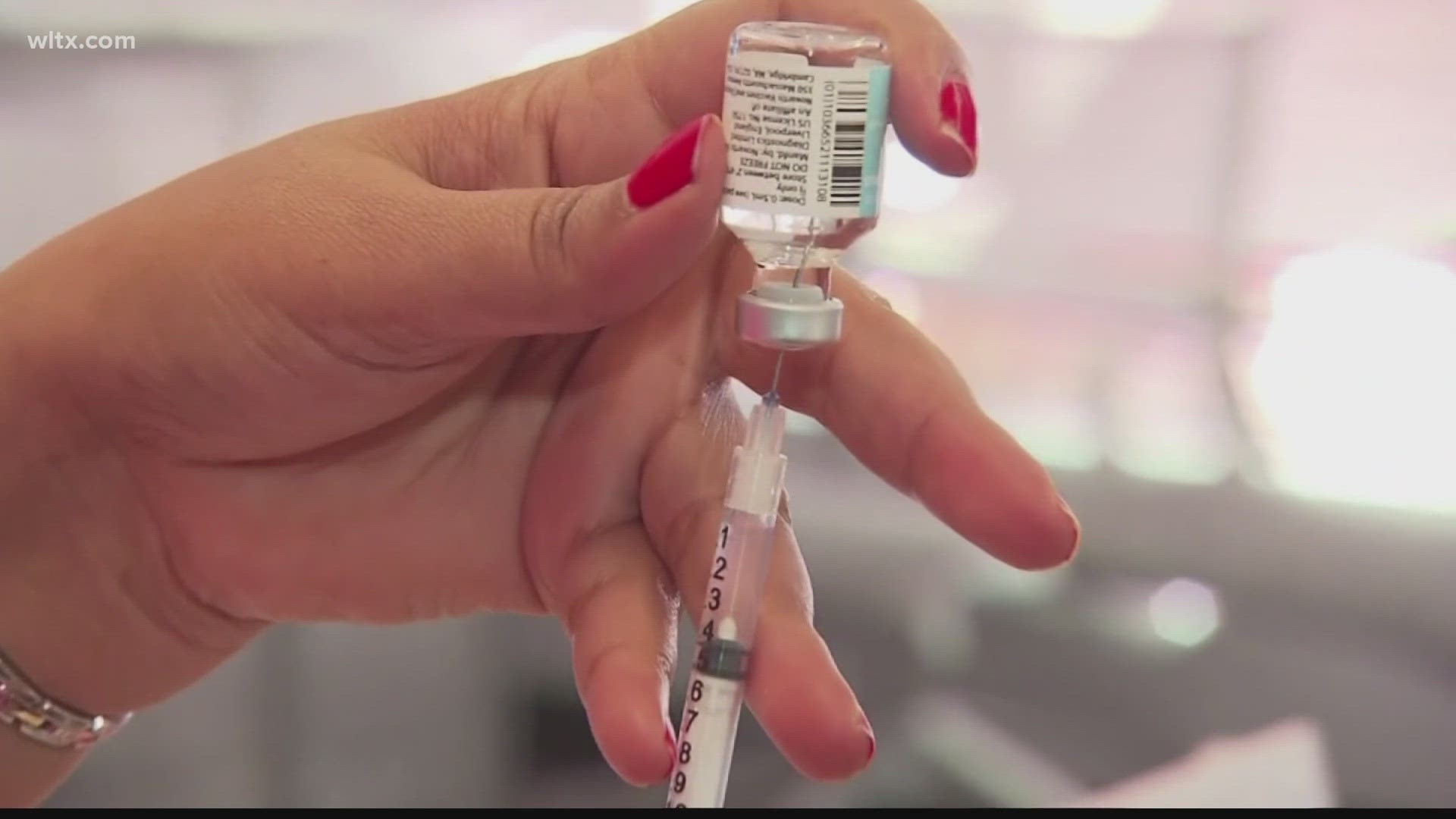COLUMBIA, S.C. — A bill prohibiting businesses from mandating a newly created vaccine advanced in the South Carolina Senate Thursday.
However, several key figures, including the state's health agency and the governor, have expressed serious concerns about the measure.
“There are a number of issues that we believe where this bill would cause harm to the people of South Carolina and would, in fact, cause unnecessary death amongst people of South Carolina during a public health crisis because it would prevent us from taking actions that could save lives,” said Simmer.
Under the proposal, public and private employers would be barred from mandating vaccines unless they have been licensed by the FDA within the past decade. Simmer emphasized that this could affect flu vaccines or other shots receiving yearly updates.
“This forward-thinking legislation, in my mind, Jeopardizes the opportunity for South Carolinians to continue to work in safe environments where they have vaccine protection,” said Sen. Ronnie Sabb (D-Williamsburg).
Additionally, the bill relaxes restrictions on visitors to isolated individuals and reduces penalties for violating quarantine orders.
“I don’t think we would want after 10 days to release a person known to be infected with Ebola into the public,” said Simmer.
There are worries that the bill's wording could extend further, possibly eliminating parts of the state's Homeland Security and Health Powers Act, enacted after 9/11.
Governor Henry McMaster conveyed his apprehensions in a letter to the Senate panel, writing:
“Placing overbroad restrictions on the authority of public health officials, law enforcement officers, first responders, and emergency management professionals responding to emerging threats and disasters—whether public health or otherwise — is a bad idea."
In response to Simmer's concerns, supporters of the bill made several amendments.
“We want the department to be able to have the ability to purchase, distribute, and administer novel vaccines, we just don't want people to be mandated to have to take them and we don’t want people taking them without informed consent,” said Sen. Richard Cash (R-Anderson).
The bill still needs to pass the full Medical Affairs Committee and undergo a vote on the Senate floor.

